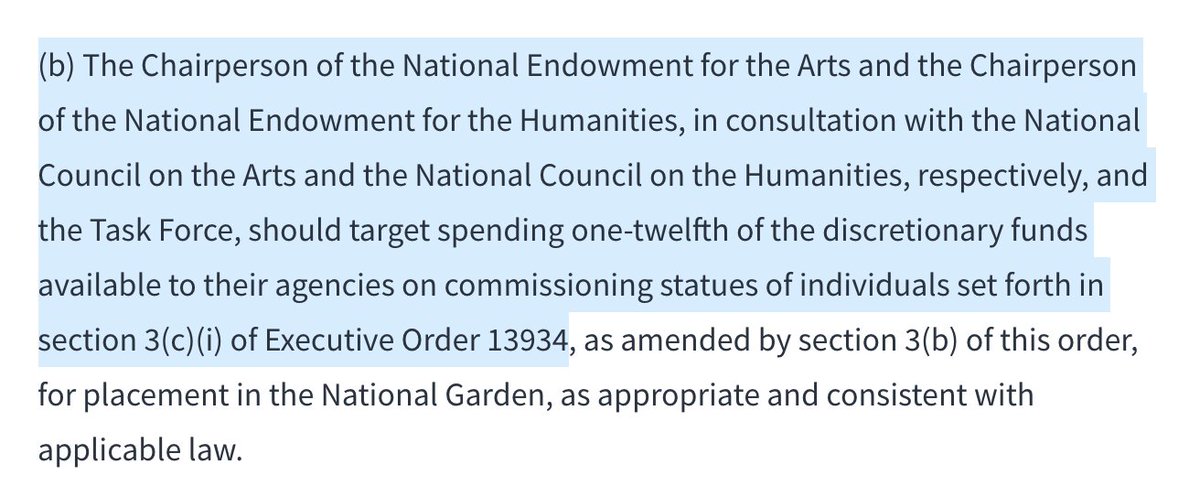
I can't believe people are still going on about the 1619 Project but the only thing that united its many essays was the argument that Black history, rooted in slavery, is intrinsic to US history. There were like two sentences in the intro essay that generated huge debate....
https://twitter.com/mattyglesias/status/1377655325168431111
because they overstated the case. There was one essay on slavery and capitalism (by a non-historian, fwiw). That's a subject that is indeed much debated within scholarly circles and no one is pulling punches.
If you don't sometimes decline to tweet something you believe correct because you just don't want to deal with the inevitable responses *in this particular context* than you will not understand why some scholars might not want to wade in, in print, on slavery & capitalism.
But if you're someone condensed everything to "The 1619 Project" you are not saying anything besides "I disagree that slavery and its legacy were fundamental to American history" and I think that is an indefensible position.
*someone who condenses
Also literally every hot area of interest gets criticized–sometimes rightly!–for being too influential–what's gender doing in foreign relations?? Why this cultural turn?? What is this "New" political history?? And then they get tweaked & assimilated into the mainstream consensus.
• • •
Missing some Tweet in this thread? You can try to
force a refresh






